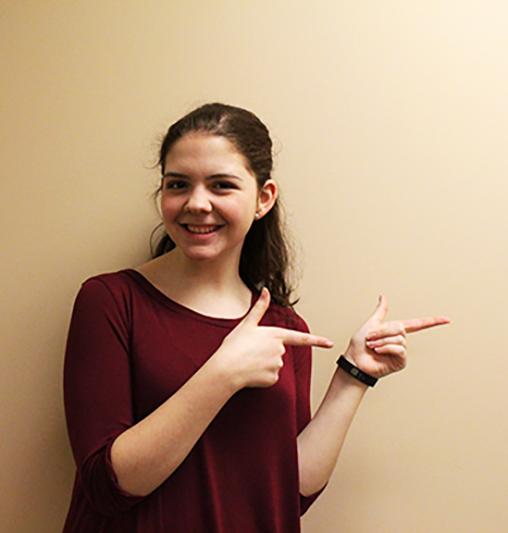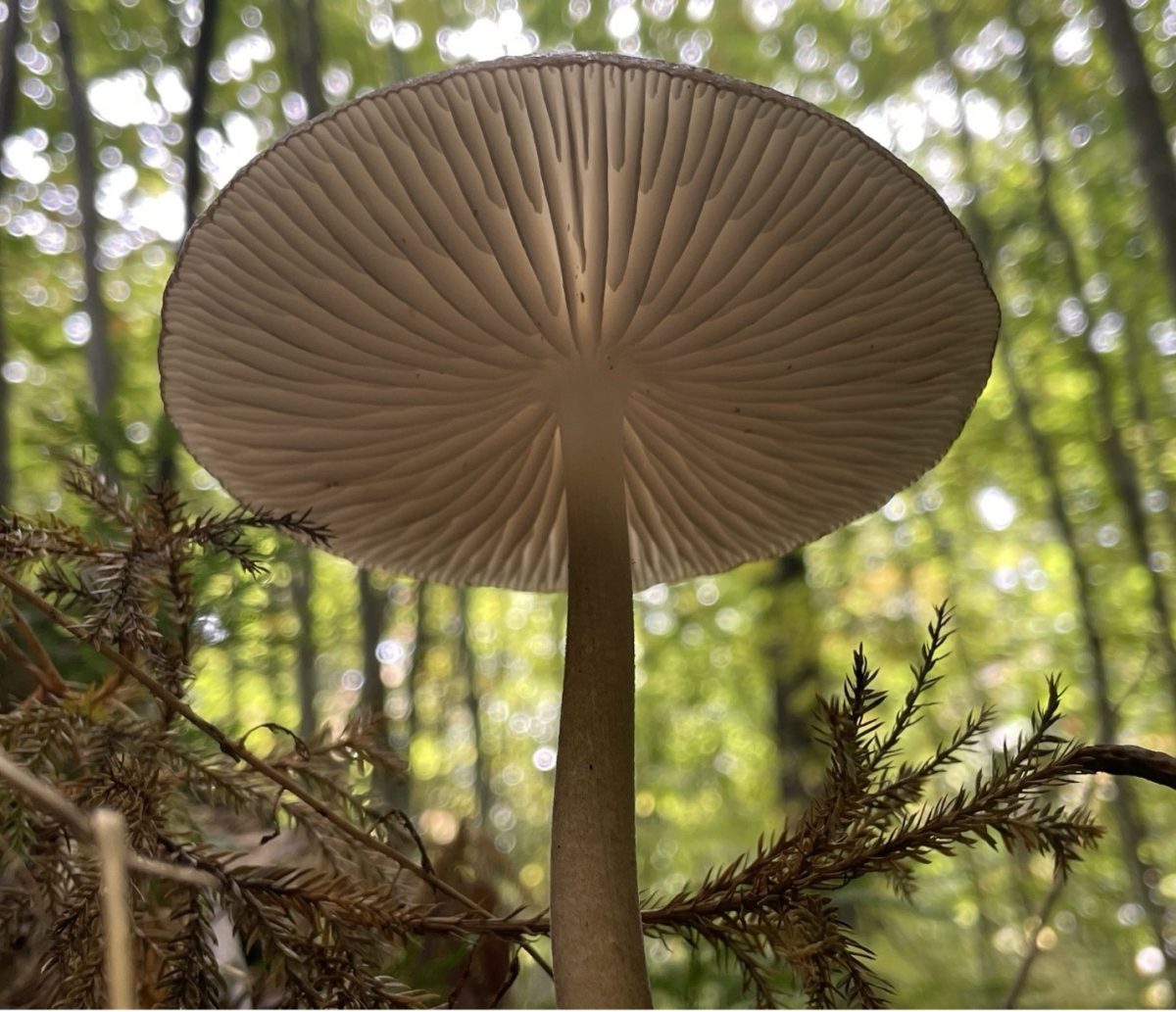By LYDIA FENNESSY
copy editor
There is not enough caffeine in the world to combat how tired this semester is making me. I think that exhausted has just become part of my personality at this point.
As I sit here, about a quarter of the way through the semester, I am finding it increasingly harder to be a productive human being. No matter how much sleep I get the night before, I always wake up feeling completely unrefreshed.
The ironic part of it all is that despite how tired I am throughout the day, I cannot fall asleep at night to save my life. Muscle facts and sympathetic efferent pathways run through my brain, begging to be memorized.
I dream about blood vessels and nerves. The first thoughts I have in the morning are about the blood supply to the thoracic wall and the contents of the abdomen.
As weird as that might sound, I’ve noticed that this is a pretty common theme among my fellow Human Gross Anatomy students. I cannot escape the class no matter where I go – not even in my sleep.
But despite the fact that all I can seem to think about is how exhausted I am and how much I need to memorize to do well in my anatomy class, I feel so blessed.
The opportunity to learn about the complexity of the human body by experiencing it firsthand in the cadaver lab is incredible. Although I am stressed and tired, I realize that what I am doing is something very few people will ever get to experience firsthand.
I am incredibly grateful to the four people who donated their bodies to science so that I can become a better physician assistant someday. Without their selfless donation, I would not get to learn about the human body in such a hands-on way.
There truly is no better way to acclimate yourself to the beautiful mess that is the human body than by physically touching the structures you are learning about.
As Leonardo DiVinci once said, you have to “dispel from your mind the thought that an understanding of the human body and every aspect can be given in words.”
There is definitely nothing else I have experienced thus far that compares to the cadaver lab. The first time I held a cadaver heart in my hand, I was struck by the realization that this vessel once kept a person alive.
The same heart I was holding once beat an average of 72 times per minute to make sure that all of the other organs received the blood they needed to perform other vital functions.
As one of our staff writers Rachel wrote a few weeks ago in her “Finding God” column, the experience is both humbling and awe-inspiring.
So, as I fumble my way through the coming days in a sleepy stupor, I will try to remember that the source of my exhaustion is also one of my biggest blessings. I will continue to thank God every day for the opportunities that have been afforded to me.
LYDIA FENNESSY




